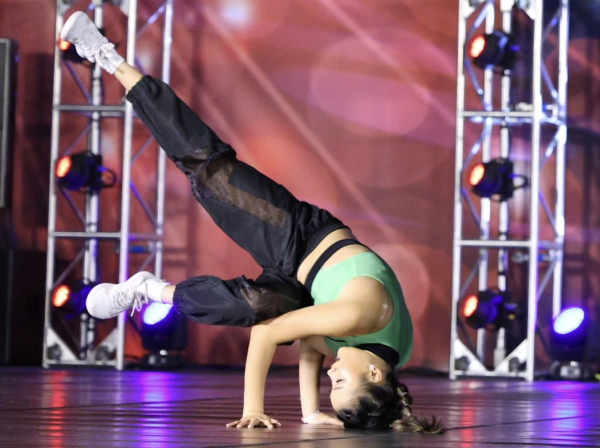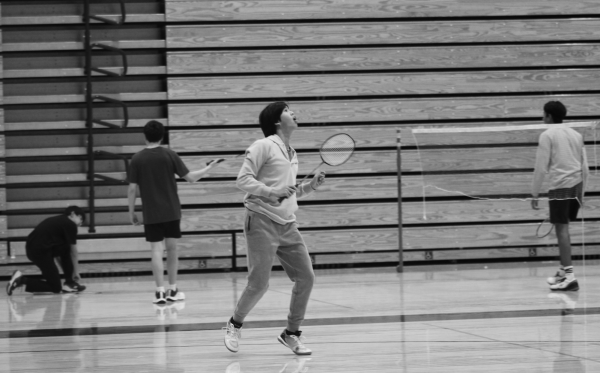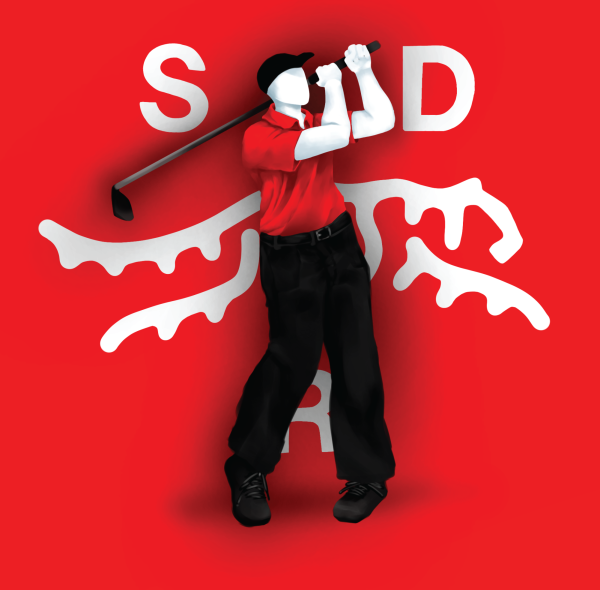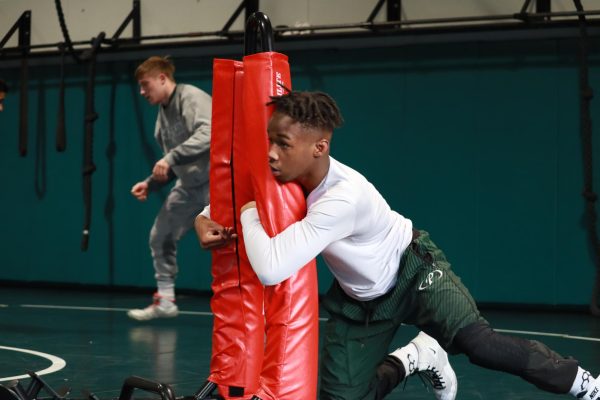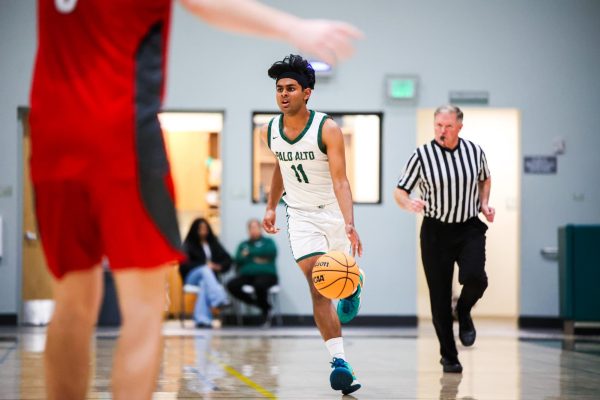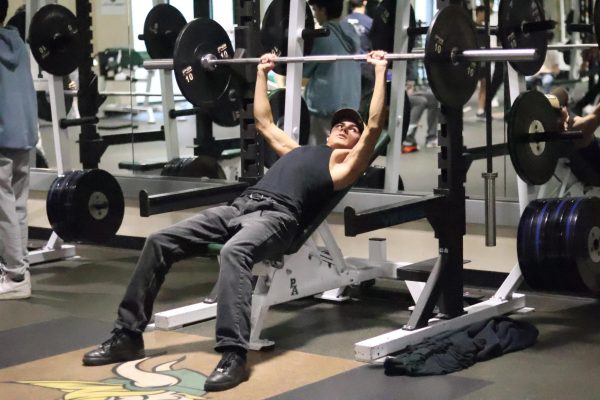Will and Will: Defending Bandwagon Fans
After a long, tortuous postseason, the San Francisco Giants won their third World Series Championship in the past five years, and Will and Will are back to tell you all about it! Such an impressive feat has brought a new wave of fans to the Bay Area, with Palo Alto High School being no exception. Before this streak of success, far less people would be seen sporting Giants merchandise, but nowadays, Giants gear is much more prevalent on a daily basis. While die-hard Giants fans would be quick to chastise these so-called “bandwagon” fans, not every aspect of hopping on the bandwagon is negative. Bandwagon fans are people too, and it’s necessary for them to be recognized as important pieces to a successful professional sports franchise.
It’s true that these neutral or casual fans may not have been through the ups and downs of previous Giants history, but every fan has to start somewhere. It’s one thing to be a bandwagon fan of the best team in the country, but to be a bandwagon fan of your city? Not so unacceptable. Everyone has to start somewhere as a fan, and let’s be honest, there’s much more room on board the wagon when a team is winning. Imagine the first time you bought team memorabilia or the first time you hugged a stranger at a game out of pure excitement. That was your start, and every future potential fan deserves the same chance. The excitement and enthusiasm spreads, and that’s how a fan base grows.
When a team goes on a championship run like the San Francisco Giants have, it brings together a city like no other event can. The Giants took people on a fantastic ride, and for people who don’t root for other teams, it was important that they didn’t get left off the bandwagon. When a city goes on a momentum filled run, people high-five strangers or shout supportively when they see one another repping their team’s gear. City spirit is one facet of a team going on a championship run. Another is the major financial benefits it can bring to the city. It provides revenue for bars, restaurants and merchandise stores throughout the city.
Now, we just outlined the acceptable versions of a bandwagon fan: the guy or girl who wants to be part of the fun and the spirit brought to a city when a team is winning. There’s also the guy or girl who is ready to make the leap from a casual onlooker to a true die-hard fan. However, there is another type of fan that Will and Will will simply not tolerate – the out of town bandwagon fan. These people root for the teams only because they are successful, not because they have any relative connection. They can be commonly seen wearing gear from last year’s championship teams, but they never experience the joys of cheering on their city amongst their community.
Bandwagon fans allow for teams to grow. Take the sport of hockey as an example. Among the four major American sports — football, baseball, basketball, and hockey — hockey has the fewest amount of fans. Our hometown hockey team, the San Jose Sharks, has many die-hard fans, but we see less support for it than the Giants and 49ers, for example. However, when playoffs come around, we see restaurants and houses filled with people supporting the Sharks. Only some of them will stick around and continue to support the Sharks. Each year the Sharks gain more fans, allowing them to grow into one of the top teams in the National Hockey League and to expand their fan base and popularity.
Next time you feel the need to scold a bandwagon fan, think twice about it. You probably don’t realize their importance to your favorite team.
Your donation will support the student journalists of Palo Alto High School's newspaper

